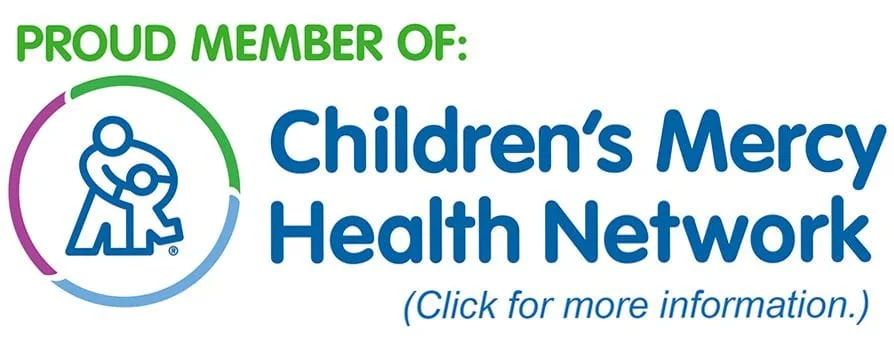Bleeding disorders vary in types and severity, so it is best to get details about the specific child’s needs from parents/ guardians and the child’s specialty doctors.
Read MoreCall Us Today

-
Managing Chronic Health Needs in Child Care and Schools—Bleeding Disorders: An Overview
Category: chronic_health_needs
-
Managing Chronic Health Needs in Child Care and Schools—Cancer
Category: chronic_health_needs
Children may come to school or a child care center while they are receiving active treatment of cancer, or they may be diagnosed as having cancer while enrolled.
Read More -
Managing Chronic Health Needs in Child Care and Schools—Celiac Disease (Gluten-Sensitive Enteropathy or Celiac Sprue)
Category: chronic_health_needs
The treatment team includes a pediatric gastroenterologist and registered dietitians or nutritionists.
Read More -
Managing Chronic Health Needs in Child Care and Schools—Cerebral Palsy (CP)
Category: chronic_health_needs
Cerebral palsy (CP) is a condition caused by brain injury that interferes with messages from the brain to the body; this interference affects movements and muscle coordination.
Read More -
Managing Chronic Health Needs in Child Care and Schools—Childhood Obesity
Category: chronic_health_needs
Childhood obesity is a serious medical condition that affects children and adolescents. It occurs when a child is well above the normal weight for the child’s age and height.
Read More -
Managing Chronic Health Needs in Child Care and Schools—Cleft Lip and Cleft Palate
Category: chronic_health_needs
Develop strategies for accommodating children with cleft lip or cleft palate. Suggestions include
Read More -
Managing Chronic Health Needs in Child Care and Schools—Cystic Fibrosis (CF)
Category: chronic_health_needs
There are currently about 30,000 children and young adults with CF in the United States.
Read More -
Managing Chronic Health Needs in Child Care and Schools—Developmental Delay
Category: chronic_health_needs
Children have developmental delay when they do not attain the skills that typically developing children acquire at a certain age. Child development is a process that involves learning and mastering skills such as sitting, rolling over, walking, understanding, and talking. Typically developing children
Read More -
Managing Chronic Health Needs in Child Care and Schools—Diabetes
Category: chronic_health_needs
Physical activity is important to the health of children with type 2 diabetes, so outdoor play is part of their therapy. Children with type 1 diabetes should be able to play normally. Staff should take a portable pack with insulin, syringes, high-calorie supplements, and glucagon in case of emergency
Read More -
Managing Chronic Health Needs in Child Care and Schools—Down Syndrome
Category: chronic_health_needs
Down syndrome is a relatively common birth defect caused by extra genetic material from chromosome 21 (ie, there are 3 copies of chromosome 21 rather than 2). This syndrome affects the physical and intellectual development of the child.
Read More -
Managing Chronic Health Needs in Child Care and Schools—Eczema(Atopic Dermatitis)
Category: chronic_health_needs
Eczema (atopic dermatitis) is a long-lasting skin condition that causes the skin to be overly sensitive to many things.
Read More -
Managing Chronic Health Needs in Child Care and Schools—Ehlers-Danlos Syndrome (EDS)
Category: chronic_health_needs
Ehlers-Danlos syndrome (EDS) is a collection of inherited conditions that cause the tissues that connect parts of the body (connective tissue) to be loose. This can cause loose joints, stretchy skin, and delayed healing of the skin. This collection of conditions was reclassified in 2017, so it is important
Read More -
Managing Chronic Health Needs in Child Care and Schools—Fetal Alcohol Spectrum Disorder (FASD)
Category: chronic_health_needs
Fetal alcohol spectrum disorder (FASD) is the general term used to describe the range of adverse fetal effects associated with prenatal alcohol exposure.
Read More -
Managing Chronic Health Needs in Child Care and Schools—Food Allergies
Category: chronic_health_needs
Allergy is the term used to describe the body’s overreaction to something that it views as foreign or different from itself. The body reacts by releasing histamine and other substances that cause allergic symptoms.
Read More -
Managing Chronic Health Needs in Child Care and Schools—Fragile X Syndrome
Category: chronic_health_needs
Fragile X syndrome is an inherited form of intellectual disability that is primarily seen in males. It is the most common form of inherited intellectual disability. Fragile X syndrome is caused by the FMR1 gene on the X chromosome.
Read More -
Managing Chronic Health Needs in Child Care and Schools—Gastroesophageal Reflux Disease (GERD)
Category: common_illnesses_and_conditions
Babies with GERD can choke; a bulb syringe should be available to help clear the airway if necessary. If the baby is coughing, nothing should be done because the cough is the most effective way to clear the airway. If the baby stops breathing or making any sound, CPR techniques for infants should be
Read More
Our Location
Find us on the map
Hours of Operation
Our Regular Schedule
Monday:
8:00 am-5:00 pm
Tuesday:
8:00 am-5:00 pm
Wednesday:
8:00 am-5:00 pm
Thursday:
8:00 am-5:00 pm
Friday:
8:00 am-5:00 pm
Saturday:
Closed
Sunday:
Closed

